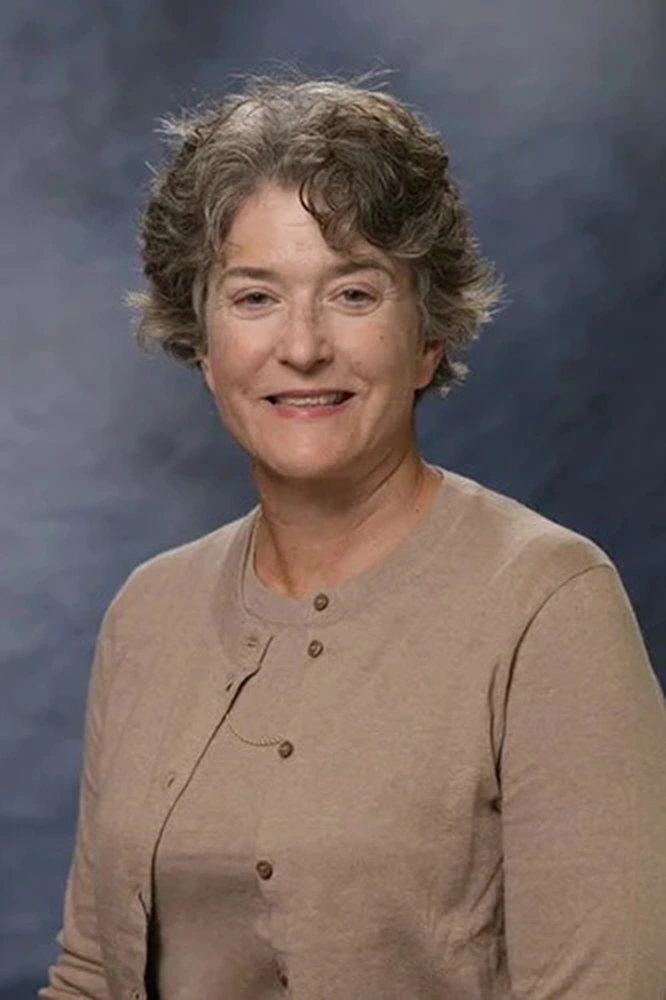
Elizabeth Powers is a professor of economics at Illinois and serves as the associate director of the Institute of Government and Public Affairs (IGPA). Prior to her position with the University of Illinois, Powers worked in the research department of the Federal Reserve Bank of Cleveland as an economist, for the President’s Council of Economic Advisers in the George H.W. Bush Administration as a junior staff economist during her PhD program, and for the Economic Research Service of the USDA during college.
Powers started at IGPA over 20 years ago with a joint appointment with the economics department at the Urbana-Champaign campus. She shares why she picked her focus areas, how to work with legislators and her favorite projects.
What are your primary research focus areas?
I’ve always been interested in family well-being. I finished my PhD program in 1994 during the historic federal welfare reform, so it was natural for me to get interested in the impact of public policy on lower resource families. Welfare reform was a huge, national change, and nobody knew how it would unfold.
From there, I’ve taken on projects analyzing topics ranging from school lunch programs, childcare grants under COVID-19, and wages for childcare workers. I’m also working on two projects for the Illinois State Board of Education. One focuses on the early childhood education workforce and the other on the Illinois school funding formula.
How do you gain the attention of policymakers?
Often, the most important role of IGPA is to point out the unintended consequences of policy through evidence-based research. Given the knowledge of our scholars, we are also in a position to offer informed advice on making existing and proposed policies more effective.
What are your duties as associate director of IGPA?
I serve as a general advisor to the senior director on strategy and initiatives. My direct involvement is on the faculty development side as it relates to publications and IGPA-funded projects. I co-edit the Spotlight series and spearhead the development of an IGPA Data Hub that would create and provide useful data products for scholarly and other research. Beyond these roles, I’ve authored and intend to continue authoring "Policy Spotlights." This includes a recent study of the one percent state grocery tax. I’m also involved in an IGPA Research Scholar Initiative project led by IGPA affiliate Betsy Porter investigating the link between local municipal employment policies and family food insecurity.
What has been your most favorite research project?
I think the most important project I’ve done so far was a huge 2005 study of developmental disability and mental health services in Illinois. We assessed the adequacy of the state’s funding for the whole sector and specified how the state could access more Medicaid funding for initiatives like community integrated living arrangements. It was personally and professionally challenging due to its broad mandate and the complexity of implementing it.
Because of the expertise I gained from that assessment, I served as an expert on a case related to the famous ‘Ligas case’ on deinstitutionalization. It was rewarding to have an immediate impact on the decision.
What do you like to do in your free time?
I enjoy swimming at the ARC and reading classic novelists, like Tolstoy. I’m a big classic film fan also, particularly films of the 1940s and 1950s. But honestly, I really love my work. You’ll often find me deep into data, just plugging away and experimenting.